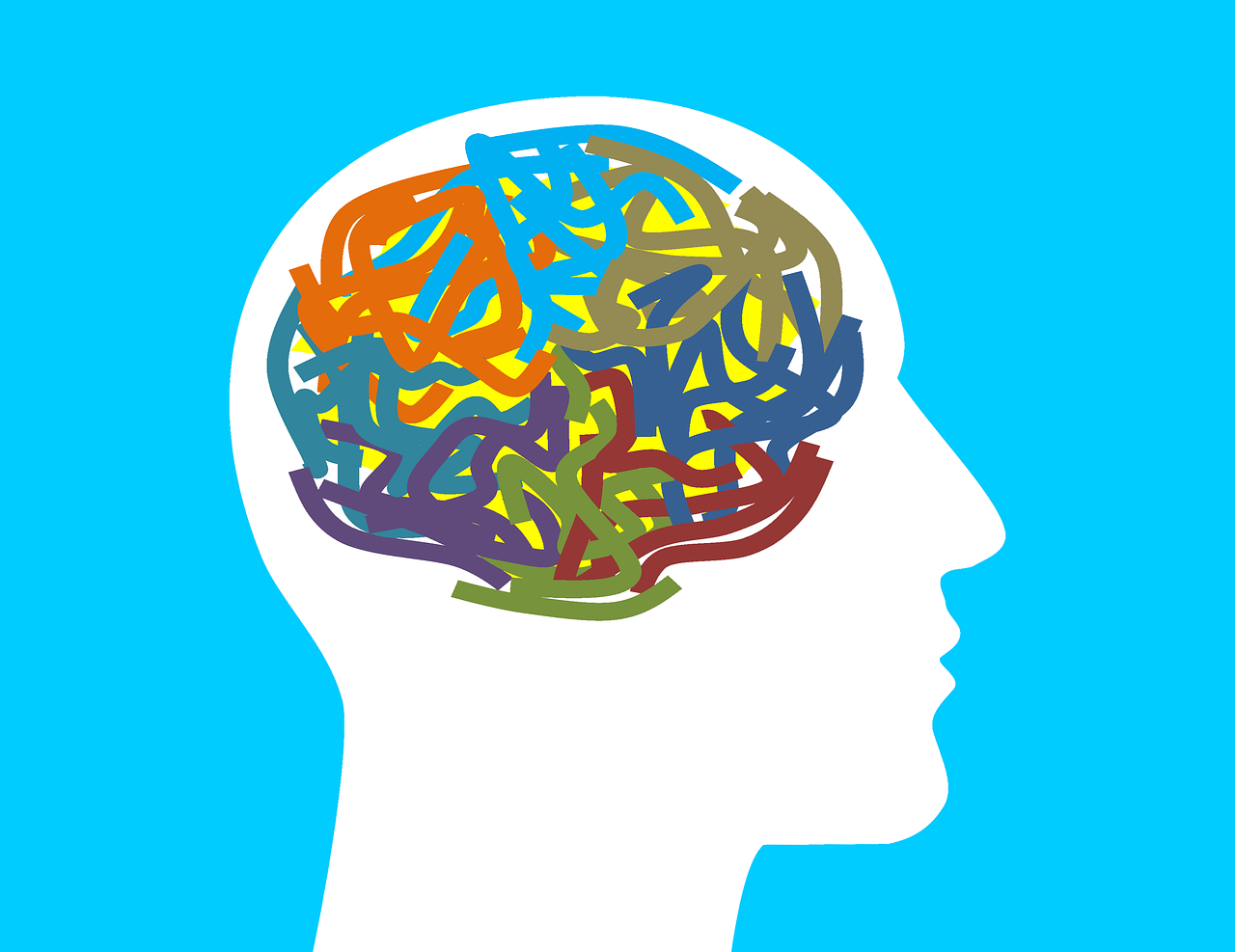Istighfar: 6 Powerful Benefits of Seeking Allah’s Forgiveness
Introduction
When I think of the benefits of istighfar, I think of the story of Prophet Yunus (AS). After finding himself in a terrible predicament, he realised his mistake and in the darkness of the belly of the whale, within the darkness of the ocean, in the darkness of the night, he turned to his Lord in sincere humility, reciting the famous supplication:
“There is no deity except You; exalted are You. Indeed, I have been of the wrongdoers”
Allah accepted his repentance, preserved his words and made him an example to believers who sincerely repent to their Lord.
“So We responded to him and saved him from the distress. And thus do We save the believers”
Through the story of Yunus, Allah shows us the benefit of turning back to Him in repentance, seeking His forgiveness and humbly admitting our wrong. When we do this, He saves us from the punishment of the hereafter and by His permission open up the possibility of being saved from the consequences of our actions in this life.
In this article, we’ll be discussing the benefits of istighfar, with the goal of encouraging all of us to turn back to our Lord, seeking His Forgiveness over and over again as He is Al-Ghafur, The One Who Forgives over and over again.

Understanding Istighfar
Istighfar (Arabic: ٱسْتِغْفَار) is the act of seeking forgiveness from Allah.
The word Istighfar is derived from the Arabic root “غ-ف-ر” (gh-f-r), which fundamentally means “to cover” or “to conceal”. This root is the basis for various words in Arabic that convey the idea of forgiveness, protection, and covering sins. For instance:
- Ghafara (غَفَرَ): To forgive or pardon.
- Maghfirah (مَغْفِرَة): Forgiveness or mercy.
- Ghafur (غَفُور): One of the names of Allah, meaning “The All-Forgiving”.
- Ghafir (غَافِر): Another name of Allah, meaning “The Forgiver”.
The Benefits of Istighfar
Spiritual Purification
Abu Huraira reported Allah’s Messenger (ﷺ) having said:
“When the believer commits sin, a black spot appears on his heart. If he repents and gives up that sin and seeks forgiveness, his heart will be polished. But if (the sin) increases, (the black spot) increases. That is the Ran that Allah mentions in His Book: “Nay! But on their hearts is the Ran (covering of sins and evil deeds) which they used to earn. [Quran 83:14]” (Sunan Ibn Majah 4244)
Sins cause barriers between us and Allah. As a sick person cannot enjoy food, likewise the diseased heart cannot enjoy the sweetness of being close to its Lord. By seeking forgiveness, we cleanse our hearts and souls, removing these barriers and drawing closer to Allah.
Protection from Punishment
Seeking forgiveness is a means of protection from Allah’s punishment. The Quran states, “And Allah would not punish them while they seek forgiveness” (Quran 8:33).
This verse reassures believers that sincere repentance can avert Allah’s wrath and protect them from the consequences of their sins. It highlights Allah’s Mercy and His willingness to forgive those who turn to Him in repentance.
Increase in Provision and Blessings
The Quran, Allah connects seeking forgiveness with the receipt of His Blessings and Mercy. In Surah Nuh, Prophet Nuh advises his people, “Ask forgiveness of your Lord. Indeed, He is ever a Perpetual Forgiver. He will send [rain from] the sky upon you in [continuing] showers and give you increase in wealth and children and provide for you gardens and provide for you rivers” (Quran 71:10-12). This illustrates the tangible benefits of seeking forgiveness, including material prosperity for ourselves and our communities.
Relief from Worry and Stress
Contantly seeking forgiveness relieves us from worry and stress. The Prophet Muhammad (ﷺ) said, “If anyone continually asks pardon, Allah will appoint for him a way out of every distress and a relief from every anxiety, and will provide for him from where he did not reckon” (Sunan Abi Dawud 1518).
Stress, anxiety and worry can be a result of our sins. As istighfar can removes the effects of our sins, it can therefore help to relieve us of our distress.
Elevates our Status with Allah
The Prophet Muhammad (ﷺ) said, “All the sons of Adam are sinners, but the best of sinners are those who repent often” (Sunan Ibn Majah).
The truth of the matter is that we are all bound to err. If we didn’t sin Alllah would replace us with another creation that did. What sets us apart for each other is how often and sincerely we turn back to our Lord, seeking HIs Forgiveness for our wrongs. When we seek His Forgiveness, He purifies us and elevates us
It is the Sunnah (way) of our beloved Prophet (ﷺ)
The Prophet Muhammad (ﷺ) is reported to have said, “By Allah, I seek forgiveness from Allah and turn to Him in repentance more than seventy times a day” (Sahih al-Bukhari 6307).
If the greatest human being to ever live did this, then who then are we to strive for anything lest. Our Prophet (ﷺ) sets an example for all of us to follow. By making an effort to make istighfar part of our daily practice, we open ourselves up to an opportunity for immense rewards simply by intending to do as Our Prophet (ﷺ) did.
Conclusion
The benefits of istighfar are profound, such that we should all strive for them. Let us make istighfar a daily practice in our lives. May Allah make it easy for us to embed this practice into our routine. May He allow us to see its great benefits in this life and the next. Through istighfar, May He grant us the great blessings of a purified soul, protection from punishment, increased provision and relief from anxiety. May He elevate our status with Him and exalt us for following the way of His beloved (ﷺ).

